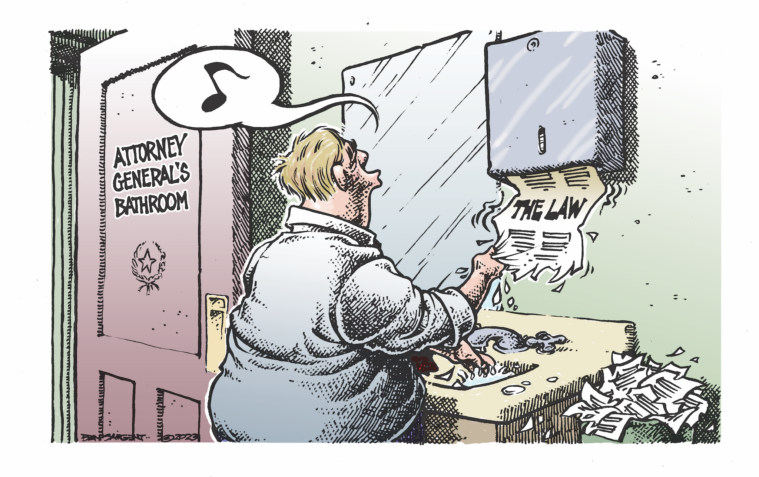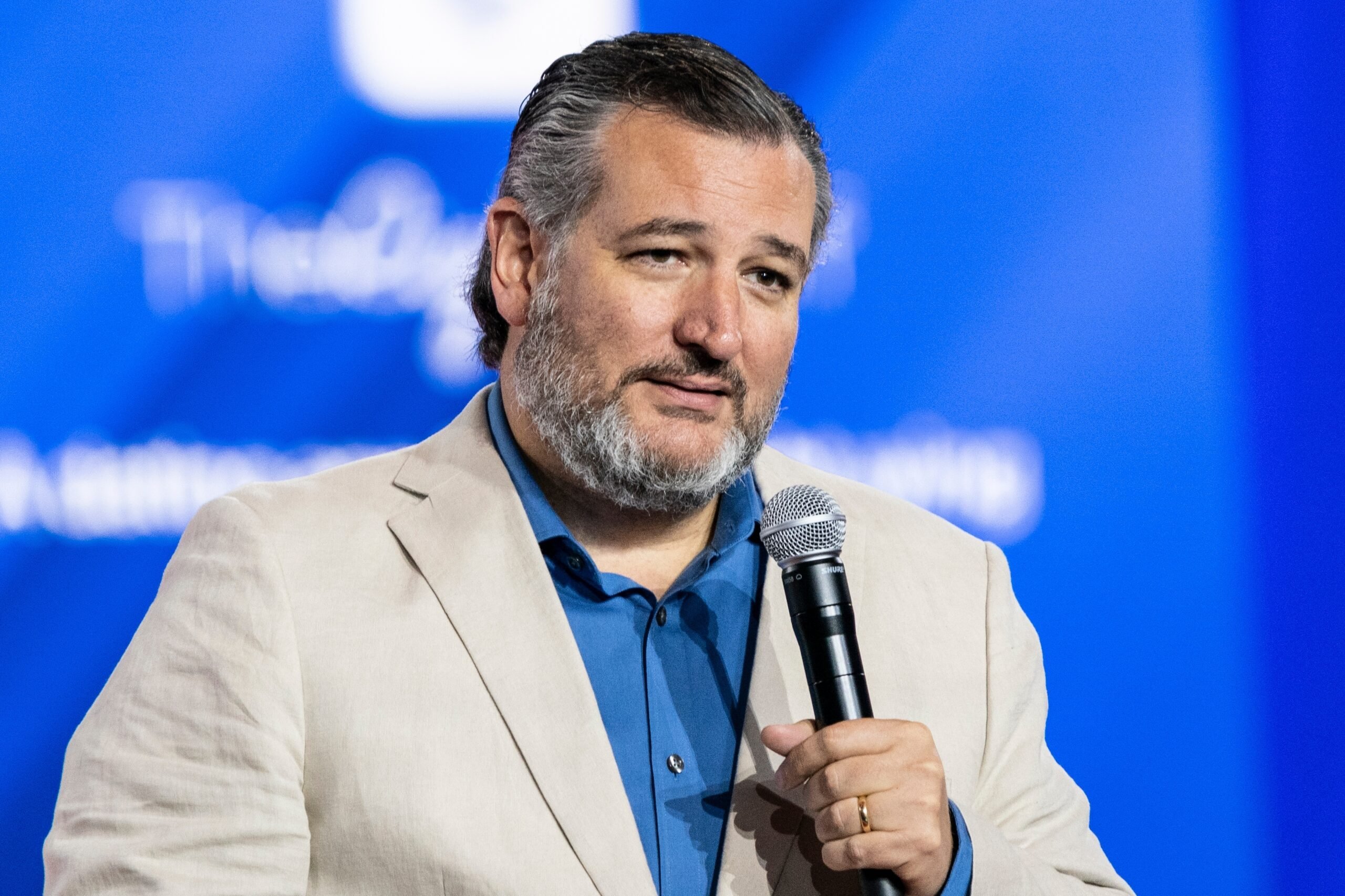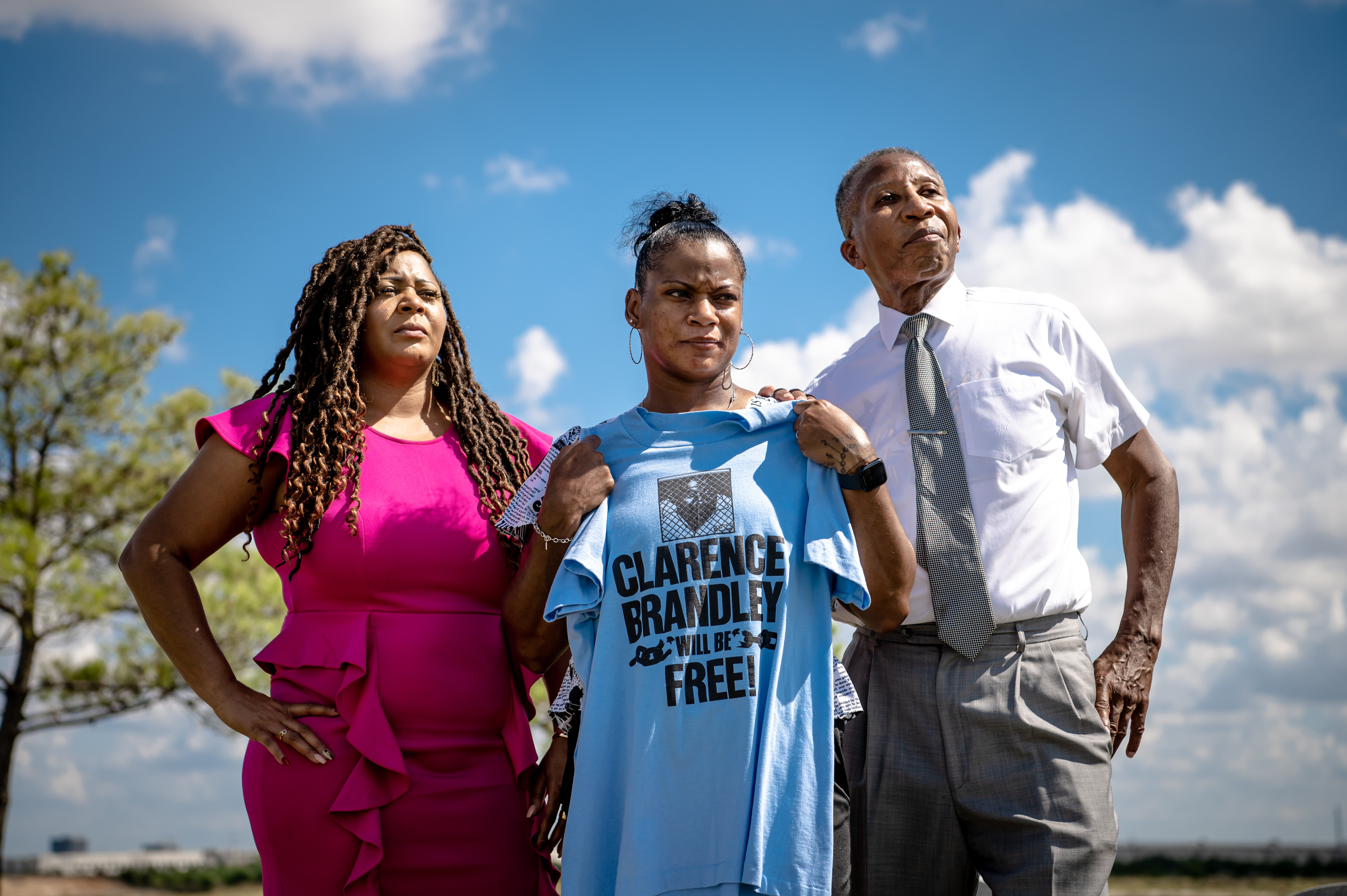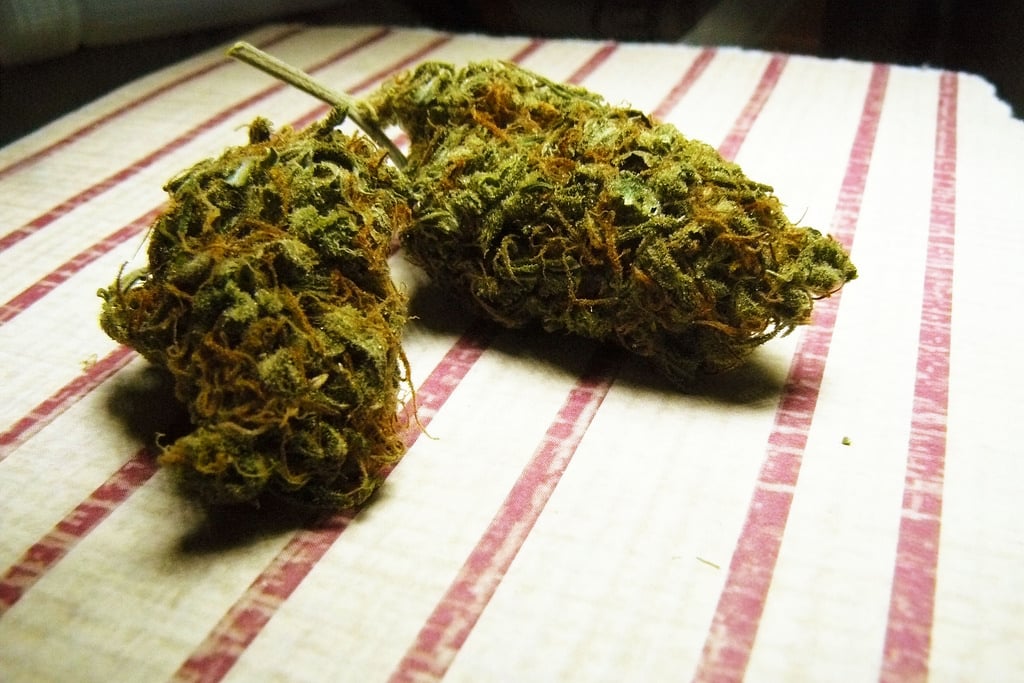
Puff, Puff, Pass? GOP Lawmakers Silent on Marijuana Decriminalization
As HB 81 nears a committee vote, the marijuana decriminalization measure has hardly encountered any resistance.


Marijuana decriminalization used to be a polarizing political issue in Texas. It might still be, but lately it’s easier to find weed in the Capitol than it is to find people there who openly oppose decriminalizing it.
This week, the House Criminal Jurisprudence Committee considered House Bill 81, a measure that would make possessing an ounce or less of marijuana a civil offense rather than a Class B misdemeanor. At its first hearing on Monday, nearly 30 people testified in support of the bill, authored by committee chair Joe Moody, D-El Paso. Only one person — Bobby Bland, the district attorney for Ector County — spoke in opposition.
Vice Chair Todd Hunter, R-Corpus Christi, took note. “I heard everybody else testify for, so I’m guessing Ector County is the opposition because I have not heard from anybody else,” he said.
The committee, which consists of four Republicans and three Democrats, has yet to vote on the measure. In order to move HB 81 past its first legislative hurdle, Moody will need at least one Republican vote.
A rift is growing in the Republican Party between the old guard and the new, between those clinging to the tough-on-crime days of the past and those embracing the new smart-on-crime conservative stance.
John Baucum, chair of the Texas Young Republicans Federation, supports HB 81 and wasn’t surprised by the testimony turnout. He said that 77 percent of the Texas Young Republicans’ roughly 1,000 members support marijuana decriminalization. He told the Observer that he and his peers have been pressuring lawmakers to support Moody’s measure.
“The writing’s on the wall,” Baucum said. “It’s clear that there are better solutions than what we’re doing now, and many Republicans, even if they won’t admit it, know the smart approach is to make a change.”
According to the Office of Court Administration, more than 34,000 low-level marijuana possession arrests in Texas resulted in convictions or deferred adjudication last year. Under the new bill, violators would receive a ticket similar to a traffic violation instead.
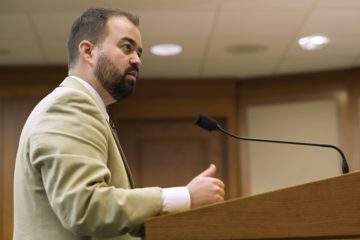
Moody said that he has heard from law enforcement officials and prosecutors who, like Bland, oppose his bill. They worry that decriminalizing marijuana could weaken probable cause for search and seizure and make prosecuting drug crimes more difficult — all points that Moody refutes.
At the hearing, Moody made an unabashed attempt to court his GOP peers, selling the bill as a fiscally responsible measure. “While it may seem like this is a marijuana bill, more fundamentally it’s a bill about smart government,” he said.
According to Moody, the business-as-usual approach to handling marijuana possession cases in Texas comes with a price tag of about $734 million annually — a cost he says could be eliminated by his bill. Moody’s Chief of Staff Ellic Sahualla said it’s difficult to estimate the exact fiscal impact of HB 81, but he expects “savings in the hundreds of millions of dollars.”
Moody’s measure could go to a vote in committee as early as Monday. After encountering less resistance than he originally expected, Sahualla said he and Moody are feeling “really good about it.” But they’re still wary to conflate lack of opposition with a vote of support.
